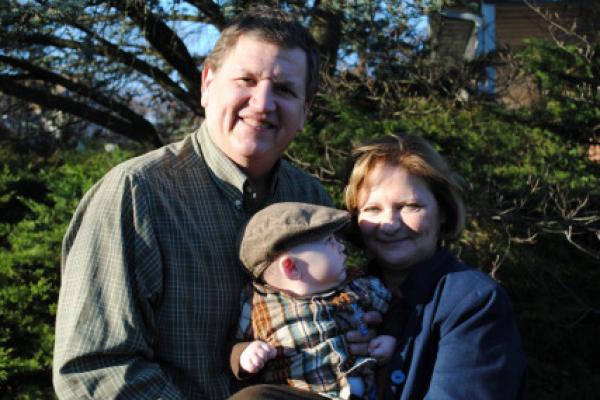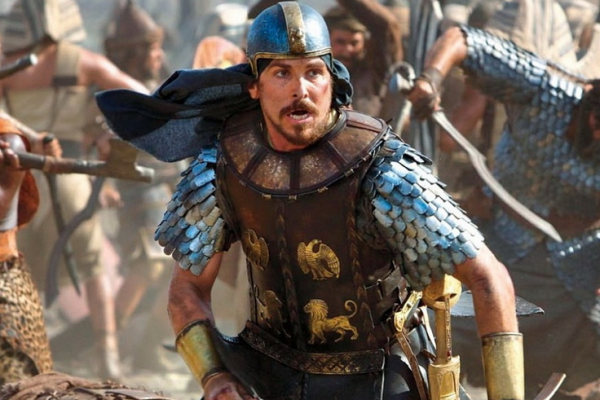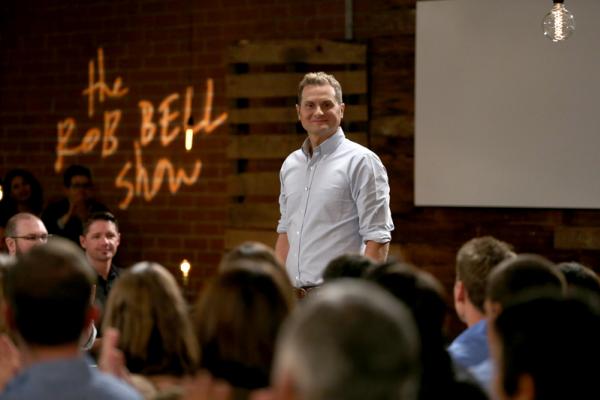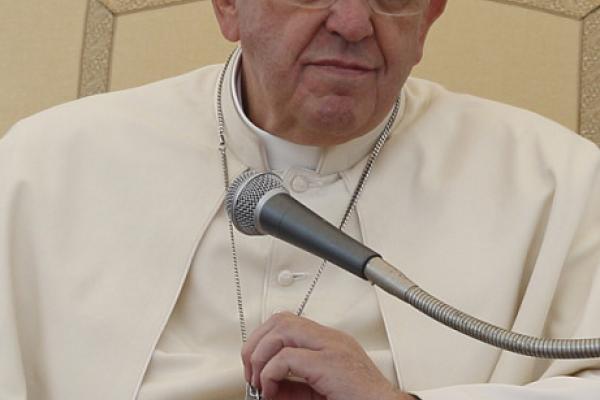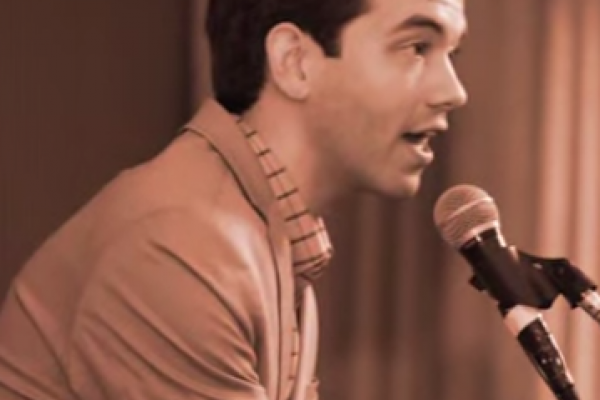Beyond the Letter of the Law: The Jewish Perspective on Ethical Investing and Fossil Fuel Divestment
Climate change resulting from the use of fossil fuels poses a grave threat to human and non-human life. Because a real national response to climate change has been stymied by political inaction, cultural inertia, and the concerted effort of fossil fuel companies, environmental organizations have encouraged universities, towns and cities, religious communities and other organizations to divest from fossil fuel investments.
In Judaism, ethical investing is part of traditional Jewish morality. Within the sources are two questions that are central to the issue of divestment:
Is it mandatory to divest from products (like tobacco and fossil fuel) that are not illegal but are, clearly, harmful?
To what degree is a minority shareholder morally responsible for the actions of a corporation when they are unable to exercise any significant control?
Several fundamental Jewish theological concepts bear upon these questions. Firstly, since God created the universe only God has absolute ownership over Creation (cf. 1 Chronicles. 29:10-16). Humans do not have unrestricted freedom to misuse Creation as they are tenants, not owners. Since human ownership of Creation is not absolute, the use of even private property cannot be divorced from morality. A product may be legal, but if it is harmful, its use is not ethical.
"This will be a sign to you: You will find a baby wrapped in cloths and lying in a manger.” Luke 2:12
As the people walked into the sanctuary, the worship team behind us started to sing. “This is Jesus, in his glory.” I stood there in my apron, gloves, and hairnet — as I had many times before — and watched our guests sit down at their tables. The first few people who came in were elderly Chinese, more women than men. Then, a middle-aged Latino man came in, followed by a few more elderly Chinese women. For a brief moment, there reflected in their faces, was Jesus in his glory.
This past Saturday morning, I served at my parents’ non-profit’s soup kitchen and food pantry, as I had for half of my life before I moved to Washington, D.C. From 9:30am-11:00am every Saturday morning, unlimited breakfast is served to a range of New Yorkers: young, old, employed, unemployed, white, black, Chinese, Latino, gay, straight — you name it, we’ve got it. Our guests are seated and given all they can eat and a bag of groceries, as well as access to legal aid, GED and ESL classes, and prayer. As much as it pains me to admit it — because, well, it’s my parents’ work — it’s kind of the real deal. The sanctuary-turned-cafeteria turns back into a sanctuary as Jesus — as seen in each of these men and women and children—is seen, in his glory.
Early on the first Sunday of Advent, I logged in to Pandora and heard the familiar chant “Adoro Te Devote.”
As a child, I knew Thomas Aquinas’ beloved text as “Humbly I Adore Thee.” At that time, faith meant standing with my family in the family church and singing such hymns with devotion.
The joining in song and prayer drew me closer to God. Or so I thought.
Later, as my life became more challenging and as I entered a world that seemed largely untouched by faith — a world where hatred, greed, violence and arrogance had free rein — I wondered if faith needed to be something more.
More rigorous, perhaps, deeper than a child’s cozy feelings. Faith needed to embrace more than lingering echoes of days gone by. Faith needed to address today’s cruelties and sadness. Faith needed to confront warfare, prejudice and unwarranted privilege.
Evangelicals are teaming up with environmentalists to support the Obama administration’s Clean Power Plan to substantially reduce carbon dioxide emissions from coal-burning power plants.
The Rev. Mitchell Hescox, president and CEO of the Evangelical Environmental Network, submitted comments from more than 100,000 “pro-life Christians” who he said are concerned about children’s health problems that are linked to unclean air and water.
“From acid rain to mercury to carbon, the coal utility industry has never acted as a good neighbor and cleaned up their mess on their own,” Hescox told reporters on Dec. 1. “Instead of acting for the benefit of our children’s lives, they’ve internalized their profits while our kids (have) borne the cost in their brains, lungs and lives.”
Despite recent findings that almost four in 10 evangelicals remain skeptical about climate change, Hescox said the comments he provided to the Environmental Protection Agency reflect a belief that “climate change is the greatest moral challenge of our time.”
This post originally appeared in The Week. Read the full post here.
Ridley Scott's Exodus has almost every ingredient necessary to make a holiday blockbuster: a timeless tale, killer cast, massive budget, pre-release media buzz, stunning special effects, and an impressive director. But if moviegoers look deeper, they'll notice one ingredient is painfully missing: melanin.
Scott's big-budget film takes place in North Africa thousands of years ago. In real life, everyone would have had dark skin. But the movie is populated by an almost completely Caucasian cast. Welsh-born Christian Bale stars as the Hebrew liberator, Moses. Australian Joel Edgerton plays Pharaoh, and American Sigourney Weaver was almost laughably cast as an African queen.
Vanity Fair notes that most of the actors of color who have been cast were relegated to nameless roles. (Exceptions may include smaller roles for Ben Kingsley, a Brit with an Indian father, and John Turturro, an Italian-American.) The Independent adds that black and ethnic minorities do appear in the cast as "Ramses servant," "Egyptian thief," and "Egyptian Lower Class Civilian."
We can't claim that Scott's casting decisions were pernicious. They are, however, historically inaccurate and, frankly, inexcusable for a film in 2014.
Sadly, Ridley Scott is hardly alone. Whitewashing Bible films is something of a Hollywood tradition spanning decades, and it won't change until audiences demand better.
The last time a live-action Moses appeared on the silver screen was in Cecil B. DeMille's The Ten Commandments." It starred a fake-baked Charlton Heston. But okay, that was 1956. Surely Hollywood's sensitivity to ethnicity has changed in the last half-century, right?
Wrong.
Read more here.
Elsewhere, Courtney describes the effect as recognizing the blood of your enemies physically pumping in your veins. It is a striking example of interdependence — physically and metaphysically.
Perhaps what’s spiritual is what’s biological. In the midst of the ongoing violence, Preemptive Love Coalition performed its 1,000th heart surgery last month.
Rob Bell was once the evangelical It Boy, the hipster pastor with the thick-rimmed glasses and the skinny jeans whose best-selling theology was captured in books with names such as “Velvet Elvis” and “Sex God.”
By 2006, the Chicago Sun-Times wondered aloud whether the Michigan megachurch pastor could be the next Billy Graham.
And then he went to hell.
In 2011, his book “Love Wins” pushed the evangelical envelope on the nature of heaven, hell, and salvation. Many dismissed him as a modern-day heretic, unwilling to embrace traditional evangelicals beliefs about the hereafter.
Pope Francis and religious leaders from Jewish, Muslim, Hindu and other faiths came together at the Vatican on Dec. 2 to call for an end to slavery by 2020.
At a ceremony in which they signed a declaration to that effect, the pope joined the head of the Anglican Communion, Archbishop of Canterbury Justin Welby, and representatives of Ecumenical Patriarch Bartholomew I and the grand imam of Egypt’s Al-Azhar Mosque, Ahmed Muhammad Ahmed el-Tayeb.
The leaders said it was a “human and moral imperative” to wipe out human trafficking, forced labor, prostitution, and organ trafficking. It also committed the signatories to do all they could to free the estimated 35 million people enslaved across the world.
“Modern slavery … fails to respect the fundamental conviction that all people are equal and have the same freedom and dignity,“ the joint statement said.
“We pledge ourselves here today to do all in our power, within our faith communities and beyond, to work together for the freedom of all those who are enslaved and trafficked so that their future may be restored.”
Matthew Vines took a leave of absence from his Harvard studies to explore what the Bible says about homosexuality. As a conservative evangelical Christian with a high view of scripture, Vines struggled to reconcile his identity as a gay man with the apparent teaching of the Bible. In his book God and the Gay Christian: The Biblical Case in Support of Same-Sex Relationships, Vines explains what he has learned about scripture and tells the story of his own pilgrimage of faith, fidelity, and family.
Read “My Dad’s Worst Day” (Sojourners, June 2014), an excerpt from Vine’s groundbreaking book. And be sure to watch this original SojoStory video, as Vines discusses his journey as a gay evangelical Christian who has immersed himself in seeking new and deeper understandings of what the Word has to say to us today on these profoundly important issues.
WATCH more below.
One summer my cousin Betty and I sneaked through the barbed-wire fence of a neighbor’s orchard and ate so many wild plums right off the tree that we almost made ourselves sick. Betty was 13 and I was 9, and I adored her. I still do.
Betty is dying right now. She might not make it till Christmas, which is really bad timing in my opinion. Yes, I talk with God about this. It’s one thing for me to lose a beloved cousin: I’m old enough to know from experience that, while the pain can feel like a raw wound that might never heal, losing those we love is a normal part of life. But I keep wondering, What kind of message is God sending to Betty’s family by jerking her away from them during this holy season of Advent? Doesn’t God care that they are already plunged into grief in anticipation of losing someone they love so much?
Yes, I talk with God about my fears, too, mostly in the form of questions from the little five-year-old kid inside me. What’s going to happen? Where are we going? What will it be like? Will it hurt? Do I have to? And, Why?



